.
Here on Supernatural Underground blog we have an awesome backlist, so one of our 2024 resolutions is to share more of it with you.
In this very week, way back in 2011 (oh my!) the fabulous
Tera Lynn Childs posted on
Stealing from the Ancients: Weaving Mythology into Your Fiction.We think it's just as relevant today as it was then, so for those who missed it the first time, here's an excerpt of the goodness again (with a link to click through and read it all.)
.From The Backlist: "Stealing From the Ancients: Weaving Mythology into Your Fiction" by Tera Lynn Childs
"I was at a loss for what to write about today, so I put out a call on Facebook for what people wanted to know more about. Heather Long
responded with the fabulous topic of how to weave mythology into
fiction. And since I have done this very thing in all five of my
completed, accepted, and published/about-to-be-published books, then I
feel like I can speak about this with some authority. At least in the
method I use to weave myth into my books.
Of course mine aren't the only books out there dealing with mythology,
and there are at least three different ways to approach it.
- use actual, literal gods, goddesses, and other bits of myth in
your story (ex/ Percy Jackson and the Olympians series by Rick Riordan)
- write a historical novel from the point of view of a mythological character (ex/ Nobody's Princess and Nobody's Prize by Esther Friesner)
- create a contemporary fantasy world in which characters are related to/descended from mythological characters (ex/ my books)
Though there are advantages and disadvantages to each, I think
the reason I prefer the third method is that it gives me the most
creative freedom. The closer you are to the actual myth, the more you
have to stay true to it. In my worlds, the myths of ancient Greece date
back more than two thousand years. The written myths end... but the
mythological word continues. Between then and now I can create whatever
history I want.
In the Oh. My. Gods. books, I didn't stray too far. I
gave descendants to the virgin goddesses, gave illegitimate children to
the goddess of marriage, and made Plato's real life Academy a school for
descendants of the gods. The mermaids in the Forgive My Fins books
are descended from an ancient ancestor who was granted mer powers by
Capheira, one of Poseidon's sea nymphs. But in Medusa girls trilogy, I
take my mythology tweaking to the next level. I basically rewrote the
truth about Medusa.
The trick to playing around with mythology, with the canon of
myths that we as a culture have known and learned for millennia, is to
go one step beyond, to blur the line between what was written and what
wasn't. I can't say that Hera had half-human children in ancient times,
but who knows what's happened in the centuries since then? There is no
mythological proof that mermaids owe their powers to Capheira, but there
is no proof that they don't either. And with Medusa, while I couldn't
just erase her legacy as a hideous, murderous monster, I could create a believable backstory that explains why we only think that is true.
That's the wonderful thing about mythology: it never tells
the complete story..."
To read the full post and the comments, click
here.
---
Enjoy!

.jpg)

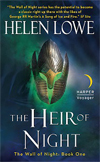
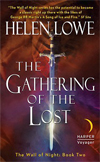
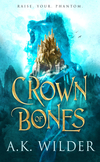
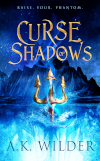

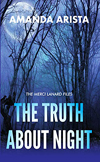


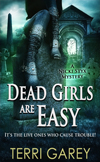

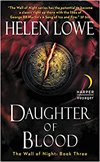
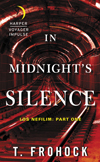
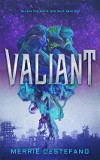
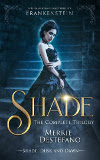

2 comments:
What a fantastic idea for 2024. I love it.
And I love all that mythology can bring us. I'm excited for this new segment of the Sup.
Thanks!
I agree. The SU has such a great backlist of awesome posts. I love seeing them refeatured. :-)
Post a Comment